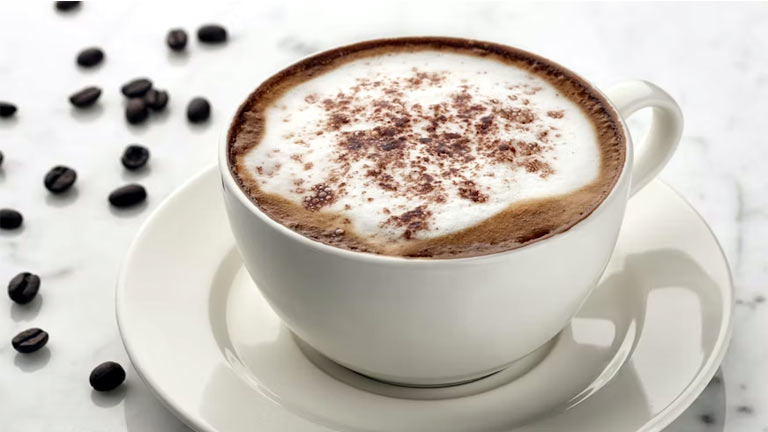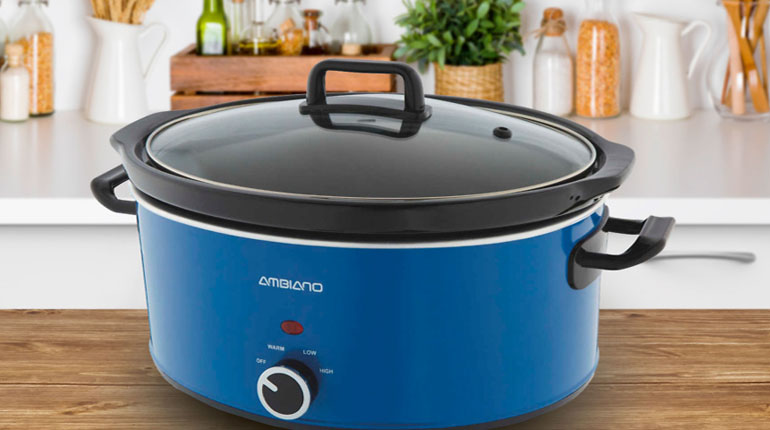
These days most of us love a good cup of coffee and the booming high-street coffee culture is a testament to this. Whether it is for the taste or the social aspect of the morning caffeine hit, we all have our reasons for loving it and our favourites can prove to be a very personal choice.
However, there might be another good reason to have your daily coffee. What if the coffee that you drink was actually good for you?
There is now increasing evidence that different types of coffee have their own health benefits.
The benefits of coffee
It is well known that coffee carries a number of different antioxidants and has been linked not only with a lower risk of type 2 diabetes and Parkinson’s disease but also gall stones, liver cancer, cirrhosis of the liver, and even Alzheimer’s disease. There are also some studies that seem to suggest that coffee can be thanked for greater longevity.
However, the coffee bean that you pick, the way it has been prepared, and what you put into your coffee can all have a massive impact on its nutritional value. There will be some types of coffee that carrier higher numbers of antioxidants, whilst the benefits of other coffees could be outweighed by the calorific extras that you put into them.
Black coffee
When we order a coffee in any café, there is a good chance that we are ordering something that is packed full of milk, cream, sugar, sweeteners, or syrup. These can add up to a significant number of calories and go a long way towards making it a very unhealthy drink. It has also been found that milk can hinder the ability of your body to absorb the heart-healthy antioxidants that are found in coffee. That means that drinks high in steamed milk such as your latte and cappuccino might not be the healthiest options.
For this reason, unadulterated black coffee such as an espresso or Americano is thought to be much better for you than many of the much sweeter and creamier alternatives.
Coffee temperatures
Many coffee fans will tell you that boiling coffee destroys the flavour notes within it, but it has also been found that overboiling or leaving it brewing for too long can reduce the health benefits that it has as well. These beneficial components can begin to break down when exposed to high temperatures over a long period of time, so whether you prefer your coffee hot or cold, just make sure it hasn’t been overcooked.
Of course, there is also a trend towards iced coffee and frappes, which are especially popular during the sweltering summer months. Whilst the principal ingredients are coffee and ice, it is worth remembering that these are often heavily laden with milk, sugar, and syrup to make them as yummy and addictive as they are, and this means that they are often not good for our health or our waistlines and should be kept strictly as an occasional treat rather than a daily coffee hit.
Coffee beans
Most types of coffee advertise which bean they are made from, but this is information that we usually pay very little attention to. However, it has been found that unroasted Robusta beans can contain almost double the number of antioxidants as unroasted Arabica beans. Once those beans were lightly roasted, the difference dropped significantly, and when medium- or dark-roasted, it was actually the Arabica beans that then contained the greatest number of antioxidants. Green bean coffee is made from unroasted coffee beans and is high in chlorogenic acid. It is believed that it can aid weight loss and it is packed with antioxidants, helping to lower blood pressure and bad cholesterol as well as improving blood circulation. It just goes to show that reading the label might be more important than you first thought.
The roast
A lightly roasted coffee bean, or blonde roast, has been roasted for a short amount of time, whilst dark roasted beans have been roasted for the longest amount of time. Generally, the less they have been roasted, the greater the nutritional value of the bean.
Caffeine content
Many of us rely on the caffeine in our morning coffee to get us going, but how healthy is this? It is worth remembering that whilst caffeine can give us some much-needed energy, it can also be responsible for seizures, restlessness, insomnia, and anxiety.
It is therefore important to control the amount of caffeine that you consume in a day. Blonde or lightly roasted coffee beans tend to contain more caffeine than their darker alternatives, so making this switch can be one way to control your caffeine intake. You can also include more decaffeinated coffee in your day to still give you the taste you love without the buzz.
Filtering
It is not just the type of coffee that you drink, that influences how healthy it is, how you make it also plays a huge part. It has been found that coffee that has been French-pressed contains the lowest levels of antioxidants whilst thinly filtered coffee not only has more antioxidants but also retains the greatest amount of essential nutrients such as magnesium, chromium, cobalt, and potassium. This is because the filter protects the brewed coffee from oily substances that might be harmful. Here, Cema Vending explores what the different coffees that are available have to offer so you can work out which one you should be brewing up next.
Overall, it seems that simplicity is key when it comes to the healthiest cup of coffee. Making it carefully, with the right beans, and resisting the urge to fill it with other things that we know are bad for us will make your coffee the healthiest version of itself. Of course, it is important to remember that you can have too much of a good thing, so make sure that your coffee consumption stays in moderation to make sure that you really feel the benefit from it.




